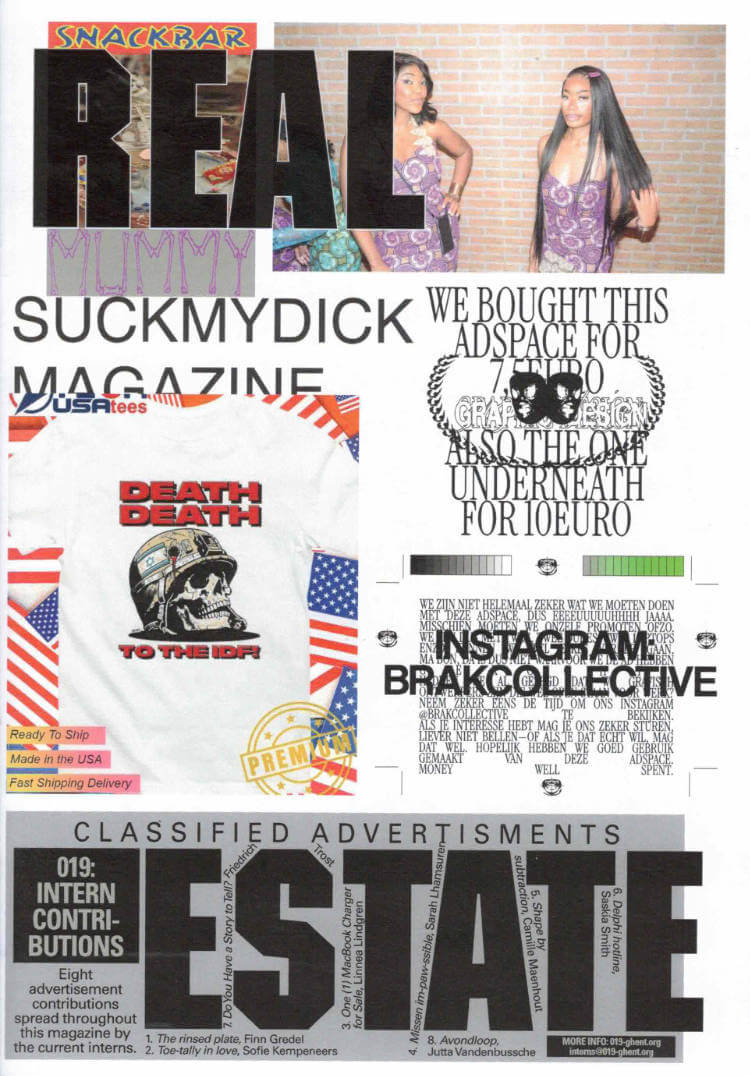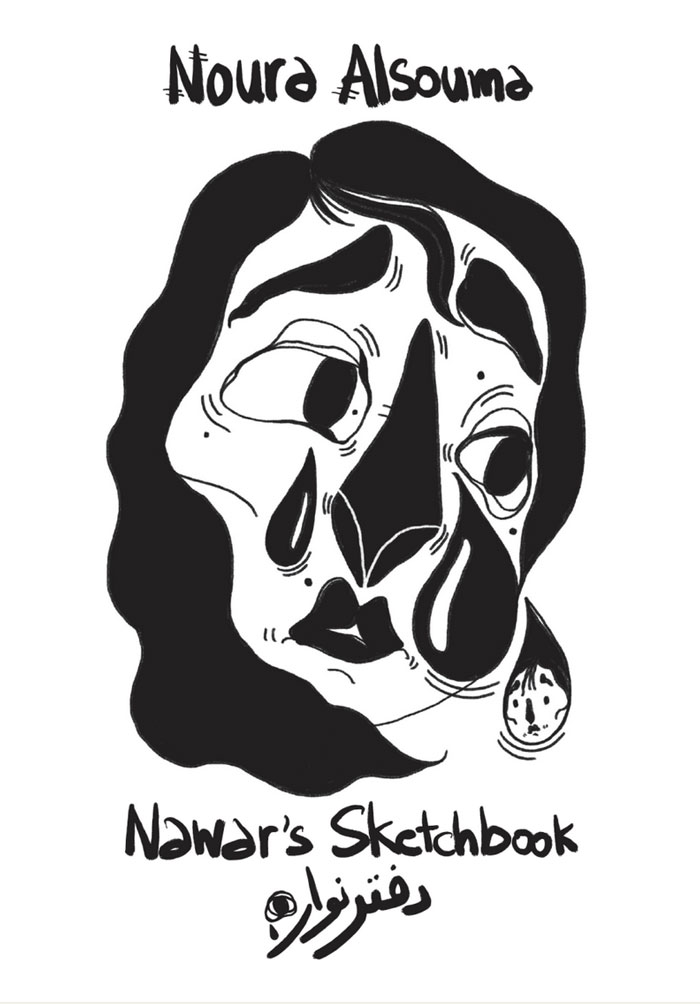
Decolonizing Non-Violent Communication
Decolonizing NVC is a workbook stocked with activities, exercises, and ideas to explore our relationship to communication, our bodies, and each other. Using a trauma-informed approach, this workbook encourages readers to deepen our emotional vocabularies so that we can work towards a more enlivened, healthy interdependence.
Written by meenadchi. Edited by Nicole Kelly. Design by MJ Balvanera. Infographics by Hana Ward. Binding by WCCW Staff & Cynthia Navarro of Tiny Splendor.
Typeset in Sofia Pro by Olivier Gourvat from Monstardesign and Agentur Regular by Good Type Foundry.
First edition published March, 2019, edition of 200.
Second edition published in April, 2021, edition of 5000.
Third ediition published November 2023, edition of 3000.
Published by CO—Conspirator Press with the support of the Women’s Center for Creative Work. Printing by Nadinne Natalia, Lindsey Lee Eichenberger, and Cynthia Navarro at the Women’s Center for Creative Work.
Language: English




